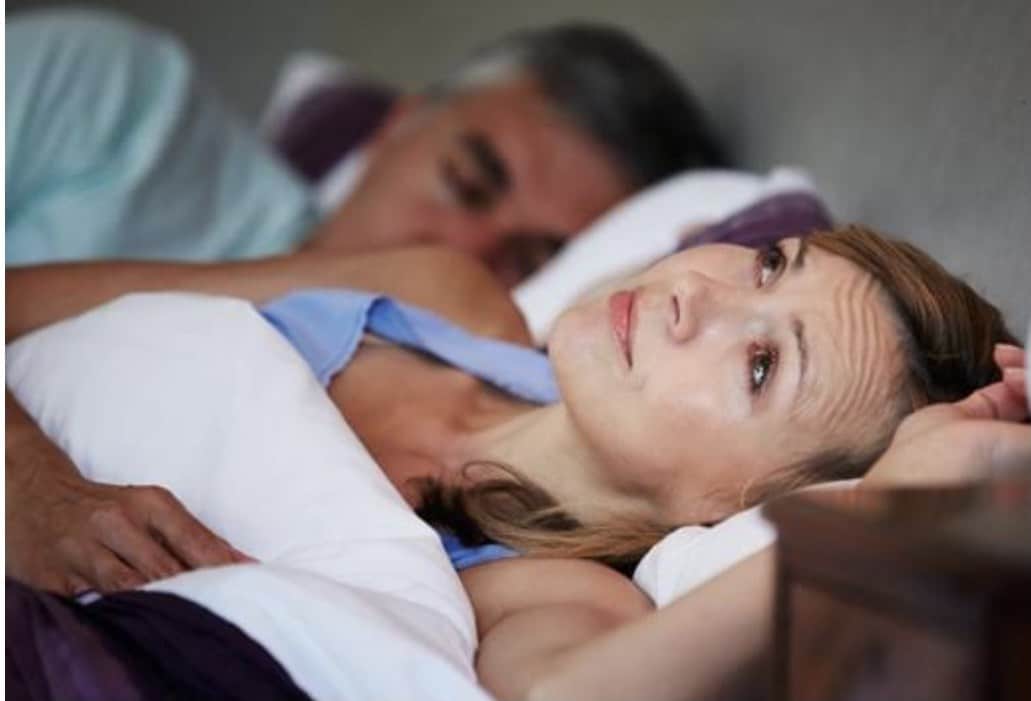"Guide to Manage Sleep Disturbance During Menopause"
Sleep Disturbance During Menopause and How to Find Relief
Menopause is a natural transition that every woman experiences as they age. Alongside the hormonal changes, many women also face sleep disturbances during this phase of life. If you’re struggling with sleep issues during menopause, you’re not alone. In this informative guide, we’ll explore the common causes of sleep disturbance during menopause and provide practical tips to find relief and improve the quality of your sleep.
1. Understanding the Impact of Hormonal Changes:
During menopause, fluctuating hormone levels, especially oestrogen and progesterone, can contribute to sleep disturbances. Estrogen plays a role in regulating sleep patterns, and its decline can lead to difficulties falling asleep or staying asleep. Progesterone, which has a calming effect, can also decrease during menopause, further disrupting sleep.
2. Hot Flashes and Night Sweats:
Hot flashes and night sweats are notorious symptoms of menopause, and they can significantly disrupt sleep patterns. These sudden waves of heat and sweating can occur at any time, including during the night, resulting in frequent awakenings and difficulty getting back to sleep. Implementing strategies to manage hot flashes, such as using cooling bedding or wearing breathable clothing, can help alleviate sleep interruptions.
3. Mood Swings and Anxiety:
Menopause can bring about mood swings, headaches and migraines, irritability, and anxiety, all of which can negatively impact sleep. Racing thoughts, worries, or feelings of restlessness can make it challenging to quiet the mind and get quality sleep. Incorporating relaxation techniques, such as deep breathing exercises or meditation, before bedtime can help calm the mind and promote better sleep.
4. Changes in Sleep Architecture:
Menopause can disrupt the natural sleep architecture. Women may experience shorter periods of deep sleep and more frequent awakenings throughout the night. Understanding the importance of good sleep hygiene, such as having a regular sleep schedule, creating a comfortable sleep environment, and avoiding stimulants and electronics before bed, can promote better sleep quality.
5. Seeking Professional Help:
If sleep disturbances during menopause persist and significantly affect your daily life, it’s essential to seek professional help. Consulting with a healthcare provider or a menopause specialist can provide you with personalized guidance and potential treatment options to manage sleep disturbances effectively. They may recommend hormone replacement therapy or other medications to alleviate symptoms.
Sleep disturbances during menopause can be frustrating and impact your overall well-being. However, by understanding the causes and implementing practical strategies, you can find relief and improve the quality of your sleep. Don’t hesitate to reach out to healthcare professionals for guidance and support in managing sleep disturbances during this phase of life. Remember, with the right approach, restful nights are within reach, allowing you to embrace the joys of menopause with renewed energy and vitality.











